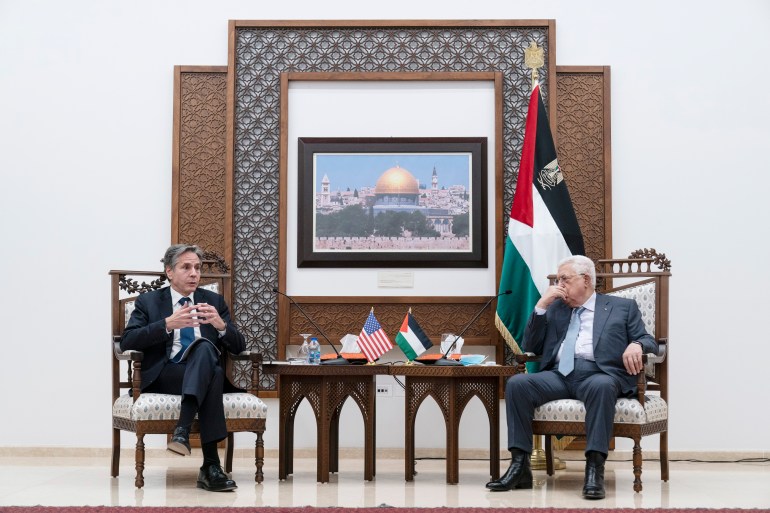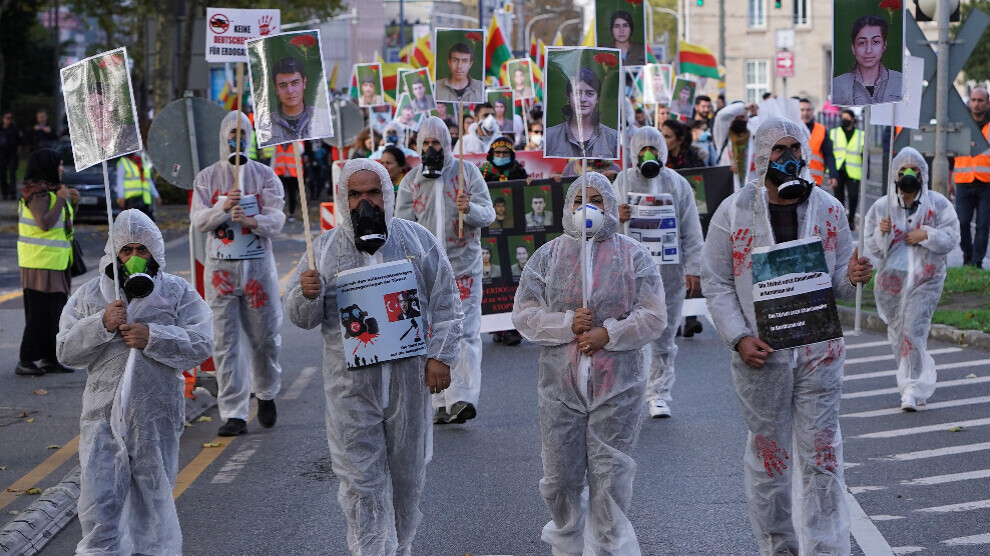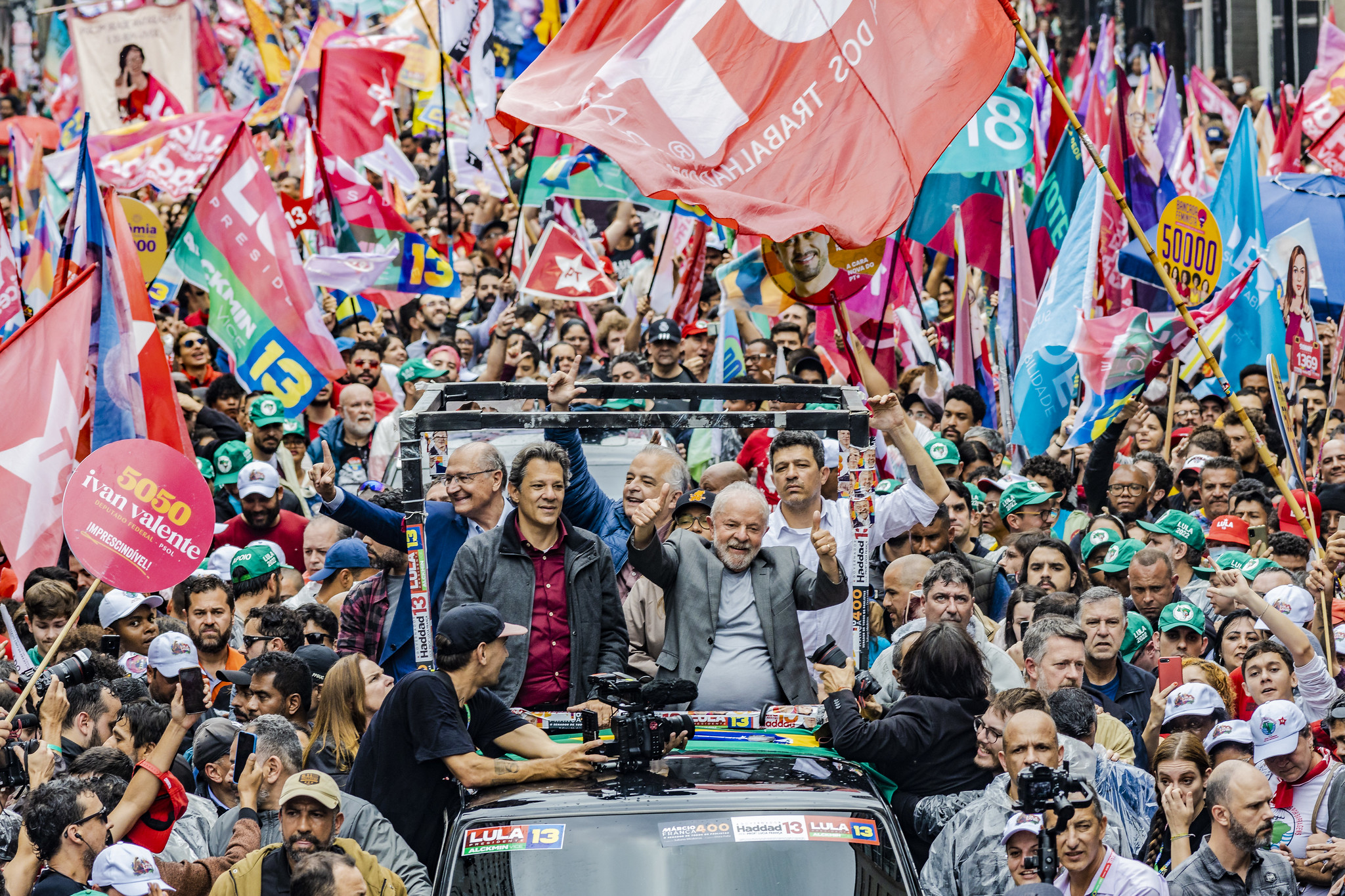Sharjah donates €50,000 towards restoration of renowned bookshop in Bologna




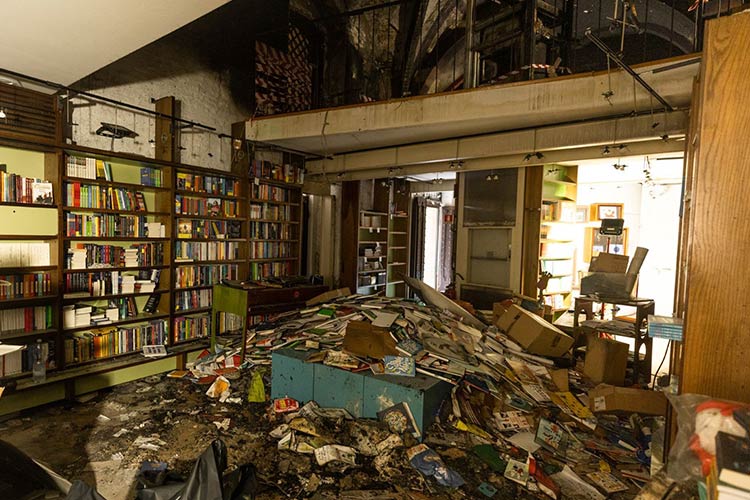
Since its establishment, the bookstore has remained independent and has built a tremendous reputation for its expertise in publishing for children.
Sharjah World Book Capital has generously donated €50,000 to the restoration fund of the Giannino Stoppani Bookshop in Bologna, Italy, after a tragic fire severely damaged the iconic store in May of this year.
The shop was founded in 1983 by Simona Comelli, Grazia Gotti, Tiziana Roversi, Silvana Sola and Giampaola Tartarini - five ambitious women who specialised in literature for young children while studying at the University of Bologna.
Since its establishment, the bookstore has remained independent and has built a tremendous reputation for its expertise in publishing for children.
Over the years, it has become one of the primary consultants of the Bologna Children’s Book Fair (BCBF) and has been responsible for curating its "International Book Shop,” which finds and promotes the best children’s books from around the world.
But beyond its important links with BCBF, the shop is an important academic and cultural touchstone for literature and publishing across Italy, and beyond.
When fire broke out earlier this year at the exquisite bookshop located on Palazzo Re Enzo, shockwaves were felt across the publishing community.
The bookshop - and its more than 39,000 volumes saw severe damage.
Sharjah World Book Capital, led by Bodour Al Qasimi, recognised the importance of Giannino Stoppani as a globally important literary institution, and what its loss would mean to the global publishing community.
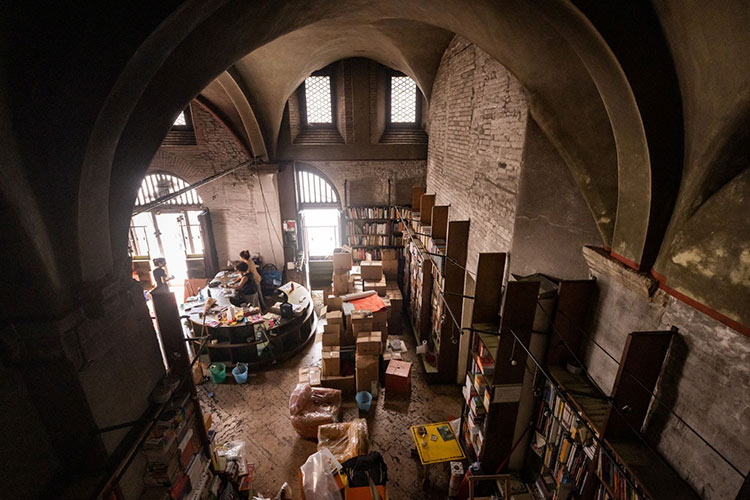
The organisation was inspired to reach out quickly, and through friends in the publishing sector, it has been in close contact with the owners offering invaluable practical, logistical, moral - and crucially, financial assistance.
This has been with the aim of helping to put the store on a much surer footing as it looks to the future, and its upcoming 40th anniversary celebrations.
Commenting on the importance of supporting the store, Bodour Al Qasimi, Chair of the Sharjah World Book Capital, said, "When I heard about the fire at Giannino Stoppani, I knew that we as a publishing community needed to rally around the store in order for it to take up its important work once again. I am delighted that Sharjah World Book Capital has been able to offer its backing as the store strives to get back on its feet. I would like to thank Marcella Terrusi, the University of Bologna professor, who facilitated the contact and communication with the owners of Giannino Stoppani Bookshop.”
The shop’s owners are now fighting to revive Giannino Stoppani, to raise further funds to fully restock its shelves.
Work has already begun on this with the 27,980 books that were only partially affected by the fire being sent to specialists for repairs and sanitisation - a costly undertaking.
But thanks to the tremendous support the store has received and the concerted efforts made by staff and the wider publishing community, Giannino Stoppani has been able to partially reopen only 150-days after the fire - with the rescued books already making back onto the shelves.
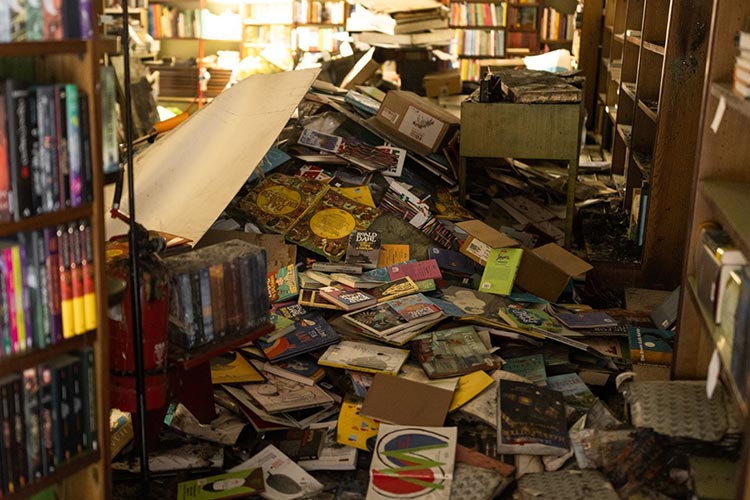
However, an extensive amount of actions and work remains to be done in order for the store to fully reopen.
Expressing her gratitude for the assistance they have received, Giannino Stoppani’s co-owner Silvana Sola said, "The support we have had from the community has meant the world to us. We are truly and deeply honoured and want to thank you all for this, for the kind words about our work, and for the international commitment to children's book culture. This help has been an essential to us, and we feel you all close by our side.
"Although we are not fully reopened, being able to welcome readers again - even in a small way, is an important first step for us, and we look forward for a future in which we will celebrate the rebirth of Giannino Stoppani, together."
“This substantial donation of €50,000 given by Sharjah World Book Capital is a further demonstration of its commitment to supporting global publishing through direct and practical engagement.”







